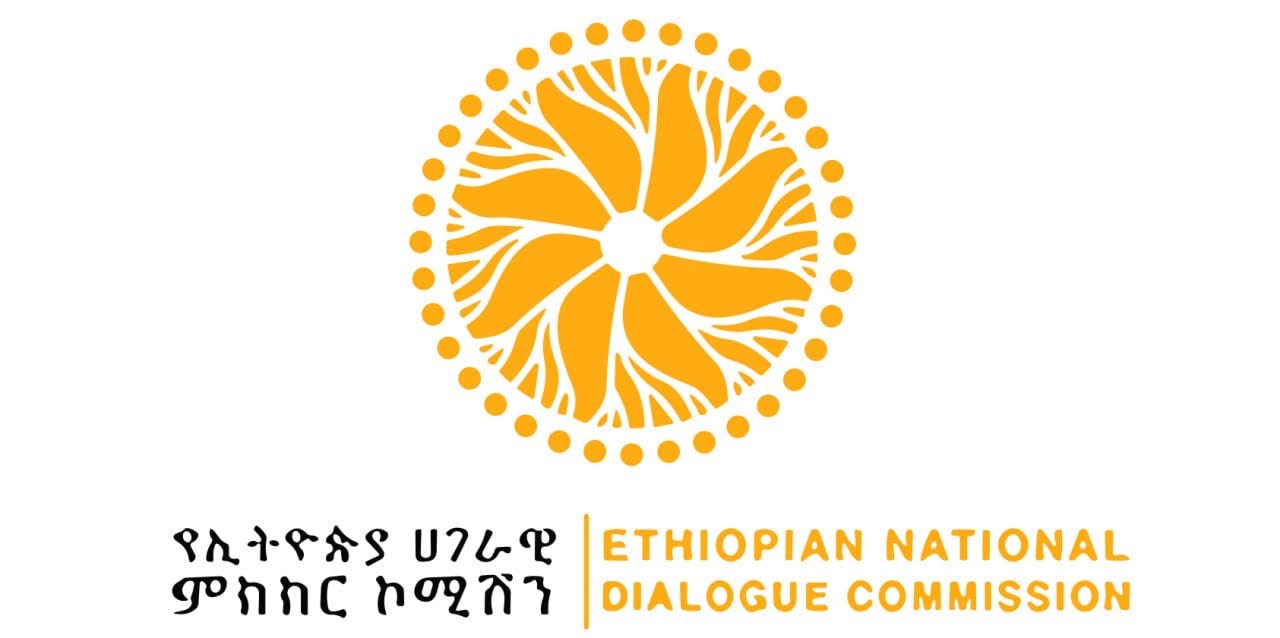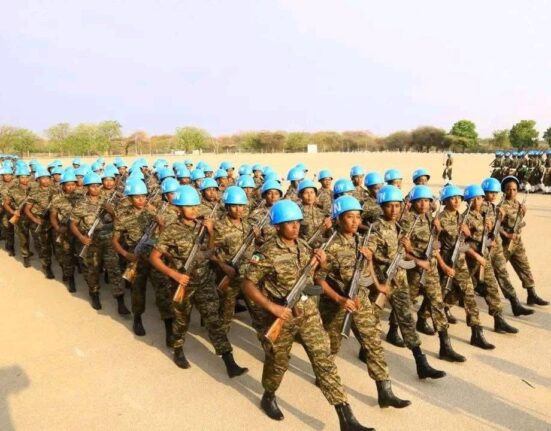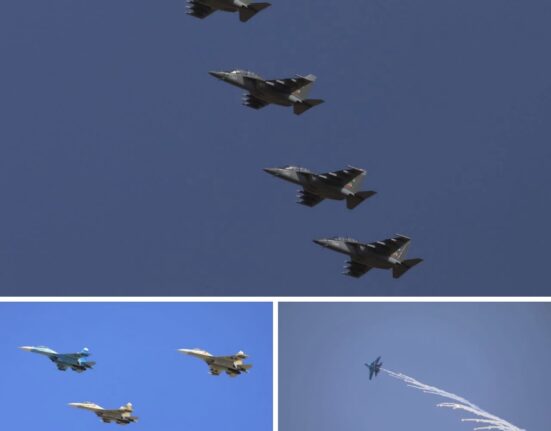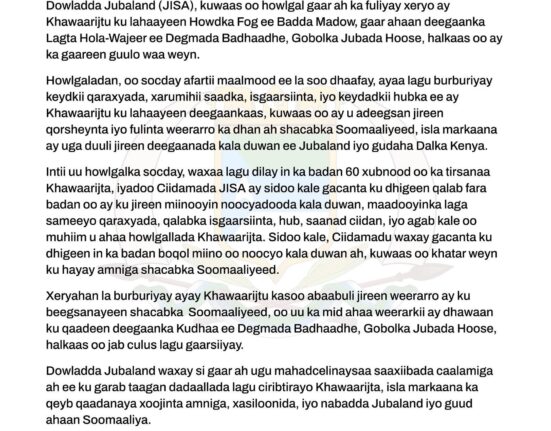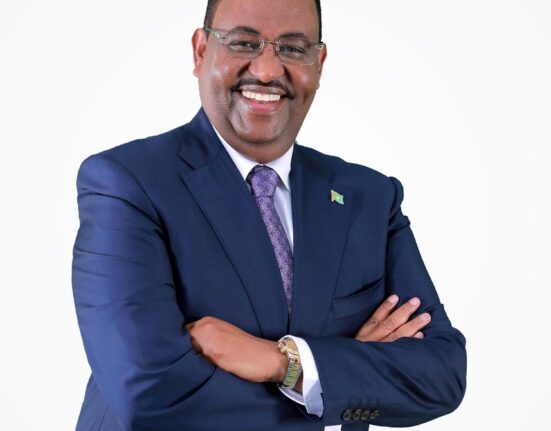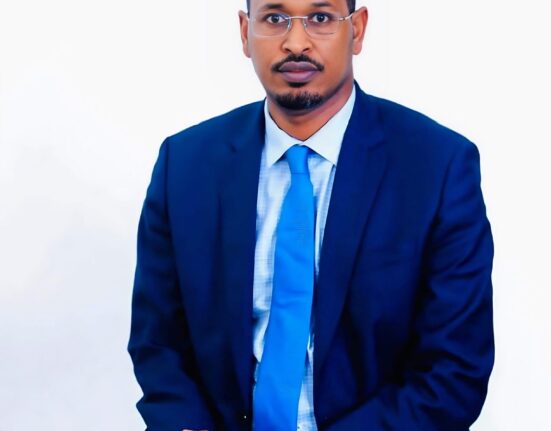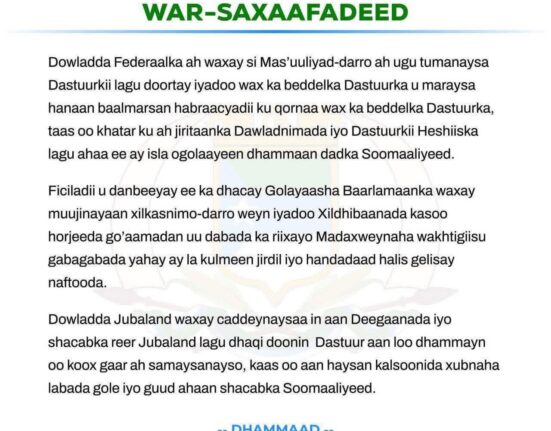By Abdirezak Sahane Elmi
Ethiopia stands at a historic turning point. The nation is transforming itself through massive infrastructure, industrial, and social projects that promise a new era of growth and stability. Yet, these achievements cannot bear fruit without peace. The time has come for all political and armed actors to recognize that dialogue, not conflict, is the only way forward.
Why Peace Is Urgent
Ethiopia is moving forward with large-scale national projects, energy generation, transport corridors, Fertilizer industry and agriculture modernization, Natural Gas Development , and Red Sea access. These developments demand unity and stability. Without peace, even the greatest plans will remain incomplete.
Now is the time for all sides to act with courage and responsibility. The Federal Government should extend its call for dialogue to all conflicted parties, and those groups should respond positively for the sake of the people they claim to represent.
National Dialogue: The Path to a Shared Future
The planned National Dialogue represents a rare and powerful opportunity to rebuild the country’s political trust, heal historical wounds, and create a national consensus that includes all Ethiopians. The Federal Government’s decision to initiate this process is wise and timely.
For this dialogue to succeed, it must be inclusive, credible, and forward-looking. All groups with grievances, including the Oromo Liberation Army (OLA), factions of the Ogaden National Liberation Front (ONLF), and other stakeholders, should be invited to participate. Their presence at the table would not weaken their causes; it would strengthen their legitimacy in the eyes of the people and the world.
The Era of Armed Struggle Is Over
Rebel movements must clearly understand that in the Ethiopia of 2025, armed struggle can no longer succeed in changing governments or achieving sustainable political outcomes.
There are several reasons for this reality:
• Government capacity—Ethiopia today has a far stronger and more coordinated defense and security structure than ever before.
• The will of the people—ordinary Ethiopians across all regions have grown weary of war and displacement; they want peace, development, and opportunity.
• Global and regional dynamics—the international community increasingly supports peaceful dialogue and political settlement, not violence.
• National transformation—as the country undertakes major economic and infrastructural projects, conflict only delays shared prosperity and undermines local communities.
Therefore, every armed group should realize that the era of “changing government through the gun” is over. Dialogue, reform, and reconciliation are the only legitimate means to achieve political goals in today’s Ethiopia.
A Call for Southern and Eastern Unity
It is important for all forces representing the South and East, especially the OLA and the ONLF factions,to understand that the current political and military alignments emerging in the North do not serve the interests of our regions. The “Northern alliance” narrative, which seeks to restore past dominance, is fundamentally against the aspirations and future of the Southern and Eastern peoples of Ethiopia.
For that reason, both the OLA and ONLF factions must place their grievances, ideas, and demands on the negotiation table with the Federal Government. The future of the country should not be shaped by war but by wisdom and compromise.
On the Issue of Fano and Tigray Narratives
While the Federal Government may consider dialogue channels with various groups, it must be clear that not all armed movements share equal intentions. The Fano militias, deeply divided and often pursuing destructive agendas, pose a serious risk to the survival of the state. Their actions cannot be justified as “negotiable causes.” However, for the sake of national healing, the government should extend opportunities for these groups to lay down their arms and reintegrate peacefully into society.
Equally concerning are the rising narratives from parts of the Tigray region suggesting a potential alliance with Eritrea. Such a position ignores the painful history of mass atrocities, looting, and suffering inflicted on the Tigrayan people during the recent war. Rebuilding trust, not reviving destructive alliances, should be the focus. The Tigray people deserve peace, justice, and development—not another cycle of manipulation by old political games.
A Call for Unity and Vision
Ethiopia’s strength lies in its diversity and shared destiny. The philosophy of Medemer, cooperation, synergy, and togetherness, remains the most relevant principle for this generation. By pursuing inclusive national dialogue, restarting negotiations with the OLA, and inviting all conflicted actors to join the peace process, Ethiopia can set a new example for Africa: that nations do not collapse because of conflict, but rise through dialogue, forgiveness, and unity.
The road ahead requires wisdom and willpower. Let every Ethiopian, north and south, east and west, choose peace over pride, dialogue over division, and progress over pain.


